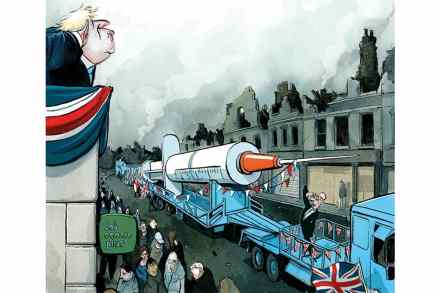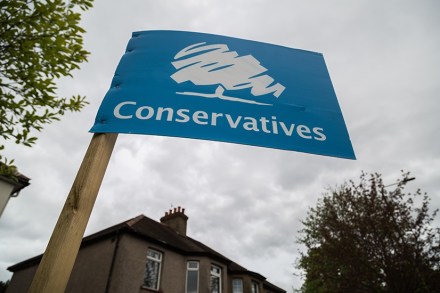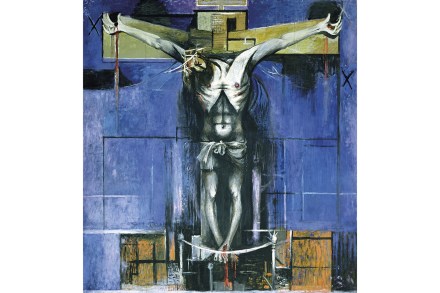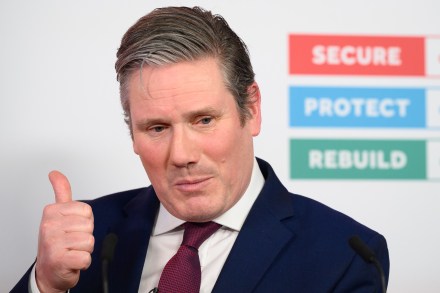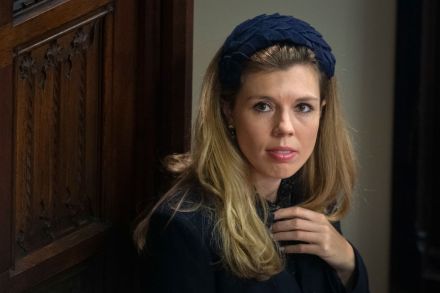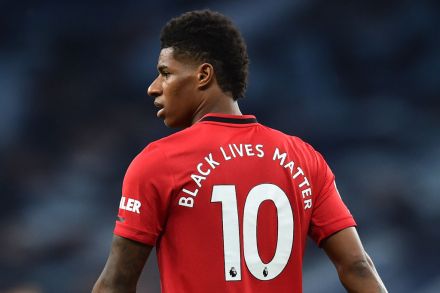Why isn’t the vaccine approved for 12- to 15-year-olds?
This afternoon, the JCVI has essentially passed the buck on vaccinating 12- to 15-year-olds. It has declared that the health benefits of a vaccine for this age group are ‘marginally greater’ than the risks of Covid. But it has left the decision on whether to actually vaccinate them to the chief medical officers. It would surely have been better for the committee to have made a decision one way or the other In the past few weeks, tensions between ministers and the Joint Committee on Vaccination and Immunisation have been rising. Ministers are keen to get on with an autumn booster shots campaign for the elderly and to vaccinate more school children.
